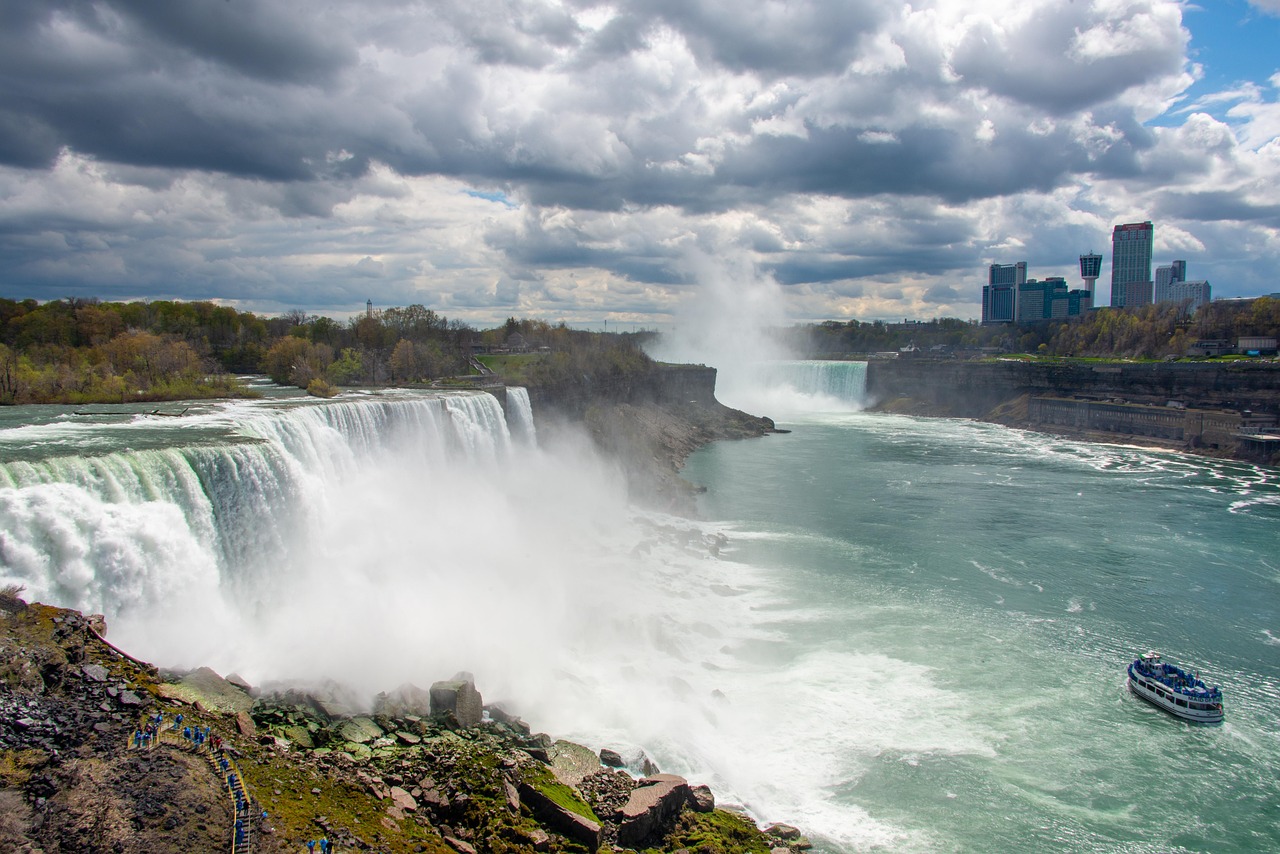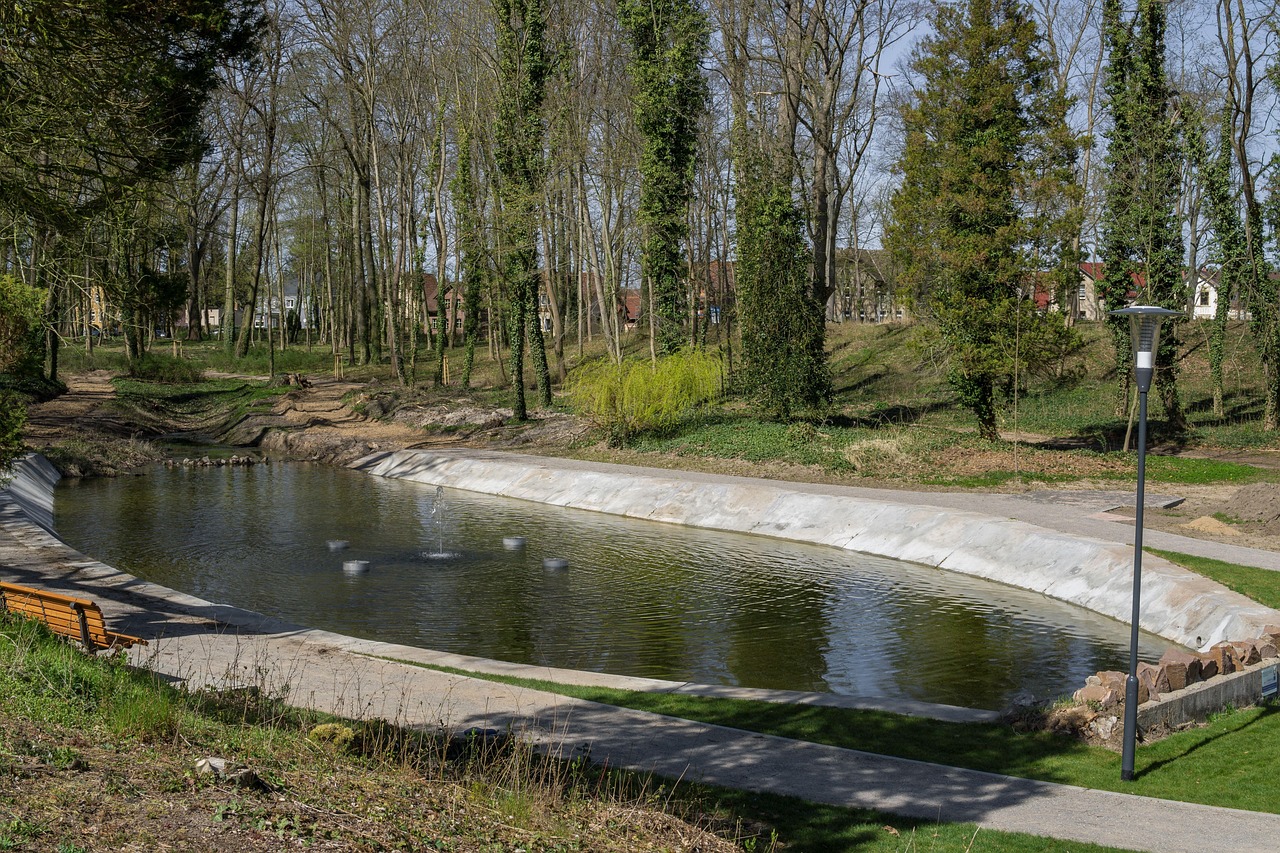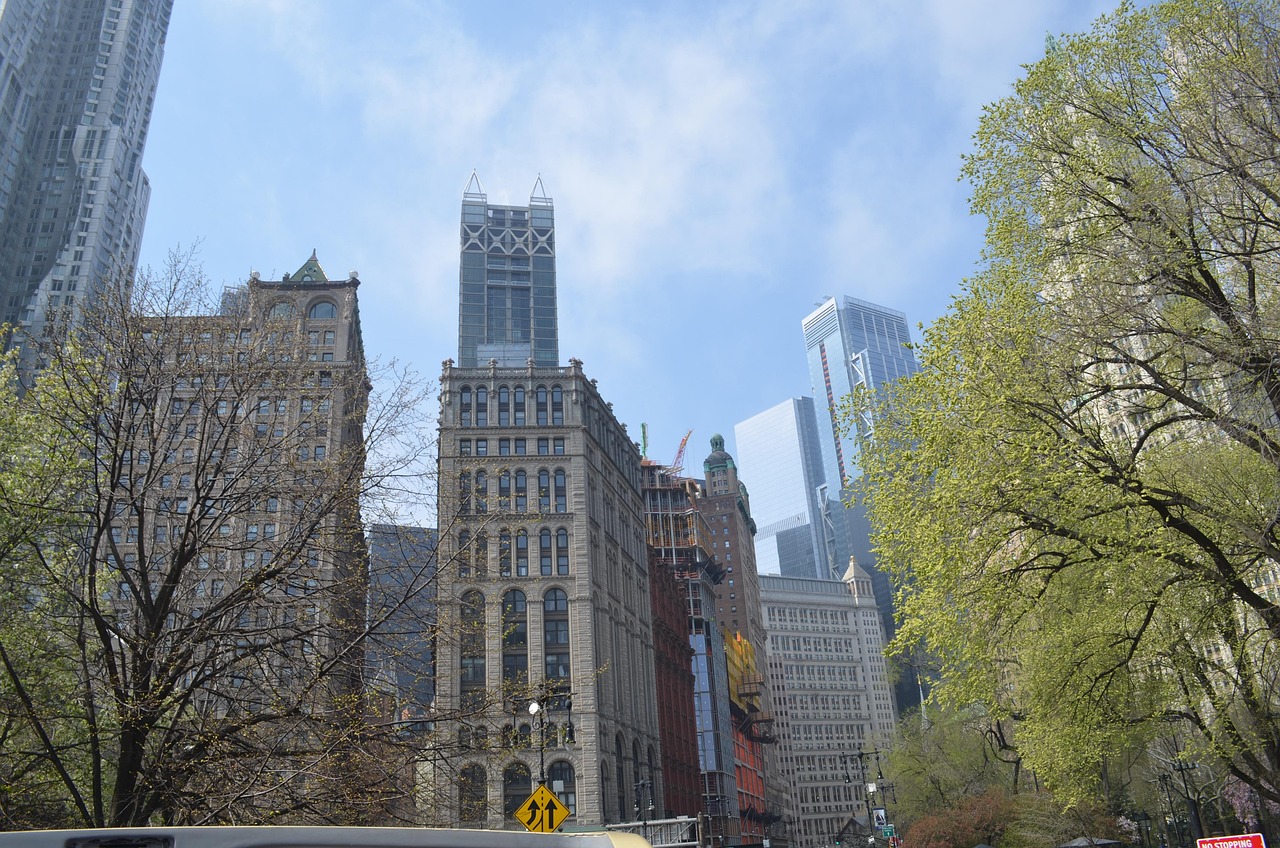
Exploring the New Travel Norms: How COVID-19 is Reshaping the Tourism Industry
The tourism industry, once a thriving and unstoppable force, encountered an unprecedented challenge with the outbreak of COVID-19. As the pandemic swept across the globe, it brought travel to a near standstill, forcing the industry to adapt and evolve. This blog post delves into the transformative effects of COVID-19 on tourism, highlighting the new travel norms that have emerged in its wake.
The Rise of Domestic Travel
One of the most significant shifts in travel behavior during the pandemic has been the rise of domestic travel. With international borders closed or heavily restricted, travelers have turned their attention to exploring their home countries. Many countries have seen a surge in domestic tourism as people seek to escape the confines of their homes while avoiding the complexities of international travel. This trend has provided a much-needed lifeline to local tourism businesses and has encouraged a renewed appreciation for local attractions.
Emphasis on Health and Safety Protocols
Health and safety have become paramount in the travel industry. From airports to hotels, stringent measures have been implemented to ensure the safety of travelers and staff. Enhanced cleaning protocols, social distancing, and mandatory mask-wearing have become standard practices. Airlines, in particular, have adopted new procedures to minimize the risk of infection, including contactless check-ins and regular disinfection of aircraft.
Moreover, the introduction of health passports and vaccination certificates is becoming more prevalent, allowing travelers to prove their health status. This development is instrumental in restoring traveler confidence and facilitating the resumption of safe travel.
The Digital Transformation of Travel
The pandemic has accelerated the digital transformation of the tourism industry. Virtual tours and online experiences have become popular alternatives for those unable to travel physically. Museums, galleries, and tourist attractions have embraced technology to offer virtual reality experiences that allow people to explore destinations from the comfort of their homes.

Additionally, contactless technology has gained prominence, with mobile apps being used for everything from booking flights to checking into hotels. This shift not only enhances convenience but also reduces physical contact, aligning with health and safety protocols.
The Impact on Business Travel
Business travel has been one of the hardest-hit sectors during the pandemic. With companies adopting remote work and virtual meetings, the necessity for business travel has diminished. Many organizations have realized the cost-effectiveness and efficiency of virtual communication, leading to a sustained reduction in business travel even as restrictions ease.
However, there remains a recognition of the value of face-to-face interactions, particularly for building relationships and negotiating deals. The future of business travel may involve a hybrid approach, combining virtual and in-person meetings to balance cost and effectiveness.
Sustainability and Responsible Tourism
The pandemic has prompted a reevaluation of sustainable and responsible tourism practices. With the temporary halt in travel, destinations have had the opportunity to recover from the impacts of over-tourism. There is a growing awareness of the need to protect natural and cultural resources, leading to a shift towards more sustainable travel options.
Travelers are increasingly seeking eco-friendly accommodations and experiences that prioritize environmental conservation and support local communities. This trend aligns with the broader global movement towards sustainability and is likely to continue shaping the future of tourism.
Challenges and Opportunities for the Tourism Industry
While the pandemic has posed significant challenges for the tourism industry, it has also presented opportunities for innovation and growth. Businesses that can adapt to the new travel norms and embrace digital solutions are well-positioned to thrive in the post-pandemic landscape.
Additionally, there is an opportunity for destinations to diversify their offerings and target new markets. By leveraging technology and focusing on health and safety, the tourism industry can rebuild traveler confidence and emerge stronger than before.

Conclusion: The Road Ahead
The COVID-19 pandemic has undoubtedly reshaped the tourism industry, introducing new travel norms that are likely to persist in the future. From a renewed focus on health and safety to the embrace of digital innovations, the industry is undergoing a transformative journey.
As the world gradually recovers from the pandemic, the tourism industry must continue to adapt to the evolving landscape. By prioritizing sustainability and embracing technological advancements, the industry can navigate the challenges and seize the opportunities that lie ahead.
In summary, the new travel norms ushered in by COVID-19 are redefining the way we explore the world. As we move forward, it’s essential to remain informed and adaptable, ensuring that the tourism industry can thrive in this new era of travel.
The Role of Government and Policy Changes
Governments around the world have played a crucial role in shaping the new travel norms. Through policy changes and support packages, they have provided much-needed assistance to the tourism sector. These measures have included financial aid to struggling businesses, investments in infrastructure to support domestic tourism, and the development of international travel guidelines to ensure consistency and safety.
Furthermore, governments have been instrumental in facilitating the development and implementation of health passports and vaccination programs, which are pivotal in the resumption of international travel. As the situation evolves, ongoing collaboration between governments and the private sector will be essential in navigating the path to recovery.
The Evolution of Traveler Expectations
The pandemic has significantly altered traveler expectations, with a heightened demand for flexibility and reassurance. Travelers now prioritize flexible booking options and clear cancellation policies, given the uncertainty surrounding travel plans. Transparency regarding health and safety measures is also critical, as travelers seek assurance that their well-being is a top priority.

In response, airlines, hotels, and travel operators have adjusted their policies to accommodate these new expectations. By providing peace of mind and accommodating the needs of travelers, the industry can foster loyalty and build trust in this new era of travel.
The Influence of Changing Consumer Behavior
Consumer behavior in the tourism industry has shifted dramatically as a result of the pandemic. There is a growing preference for personalized and unique experiences, with travelers seeking to immerse themselves in local cultures and explore off-the-beaten-path destinations. This trend is driven by a desire for meaningful and authentic travel experiences, as well as a focus on avoiding crowded tourist hotspots.
Additionally, the rise of remote work has given rise to a new type of traveler: the digital nomad. With the freedom to work from anywhere, digital nomads are combining work and leisure, choosing destinations based on factors such as internet connectivity, cost of living, and quality of life. This presents an opportunity for destinations to attract long-term visitors who can contribute to the local economy.
The Future of Air Travel
The aviation industry has faced significant challenges during the pandemic, with many airlines forced to ground fleets and cut routes. However, the future of air travel is beginning to take shape, with a focus on sustainability and innovation. Airlines are investing in more fuel-efficient aircraft and exploring alternative fuels to reduce their carbon footprint.
Moreover, the concept of contactless travel is gaining traction, with biometric technology being used to streamline the passenger experience. From check-in to boarding, the use of facial recognition and digital identity verification is set to revolutionize the way we travel by air.
Conclusion: Embracing the Change
The COVID-19 pandemic has undeniably reshaped the global tourism landscape, introducing new norms and challenges. While the road to recovery may be long, the industry has shown resilience and adaptability in the face of adversity. By embracing change and prioritizing sustainability, safety, and innovation, the tourism sector can emerge stronger and more resilient.

As travelers, it’s essential to remain informed and adaptable, embracing the new norms that define modern travel. By supporting local businesses, choosing sustainable options, and prioritizing health and safety, we can contribute to the recovery and revitalization of the tourism industry. Together, we can reimagine the future of travel and look forward to a world of new experiences and opportunities.
Adapting to a New Era of Hospitality
The hospitality sector, encompassing hotels, restaurants, and other service providers, has also undergone significant transformation. With travelers becoming more health-conscious, the hospitality industry has adapted by implementing enhanced hygiene practices and reimagining guest experiences to align with the new norms. Hotels are offering contactless check-in and check-out processes, digital room keys, and personalized services delivered through mobile apps.
In restaurants, digital menus and contactless payment options have become increasingly common, reducing physical contact and enhancing customer safety. Outdoor dining has also gained popularity, offering a safer alternative to indoor spaces. As hospitality businesses continue to adapt, the focus remains on balancing safety with comfort and convenience, ensuring guests feel both welcomed and protected.
The Role of Technology in Navigating Change
Technology has been a driving force in the tourism industry’s adaptation to the pandemic. Beyond virtual tours and contactless solutions, technology is playing a crucial role in data collection and analysis, helping businesses and governments make informed decisions. Real-time data on travel trends, health statistics, and consumer behavior are invaluable for shaping policies and strategies.
Artificial intelligence and machine learning are also being leveraged to enhance customer service, optimize operations, and personalize travel experiences. By harnessing the power of technology, the tourism industry can continue to innovate and meet the evolving needs of travelers in this new era.
Collaborative Efforts for a Sustainable Future

The pandemic has highlighted the interconnectedness of global travel and the importance of collaboration across borders. Industry stakeholders are working together to develop sustainable practices that can withstand future disruptions. Initiatives such as the UNWTO’s Sustainable Development Goals for tourism aim to promote responsible travel that benefits local communities and preserves cultural and natural resources.
By fostering partnerships between governments, private enterprises, and non-profit organizations, the tourism industry can build a more sustainable and resilient future. These collaborative efforts are essential in addressing the challenges posed by climate change, over-tourism, and economic inequality, ensuring that tourism can be a force for good in the world.
The Importance of Flexibility and Adaptability
As the tourism industry navigates the complexities of a post-pandemic world, flexibility and adaptability remain key to success. Businesses must be prepared to respond to changing regulations and consumer preferences, adjusting their strategies to meet new demands. This may involve reimagining product offerings, exploring new markets, or investing in new technologies.
Travelers, too, are embracing flexibility, with many opting for last-minute bookings and flexible travel arrangements. This shift requires a willingness to adapt plans and expectations, as well as a greater emphasis on travel insurance and contingency planning.
Looking Forward: A New Dawn for Tourism
The COVID-19 pandemic has undoubtedly reshaped the travel landscape, creating challenges but also opportunities for growth and innovation. As the world begins to recover, the tourism industry is poised to enter a new era defined by sustainability, technology, and an unwavering commitment to safety.
With travelers eager to explore the world once again, the industry has a unique opportunity to rebuild and reinvent itself. By embracing the lessons learned during the pandemic, the tourism sector can create a more equitable, inclusive, and resilient future that benefits both travelers and destinations alike.
As we look forward to this new dawn for tourism, it’s important to remember that the journey is just as important as the destination. By staying informed, adaptable, and responsible, we can all play a part in shaping the future of travel and ensuring a brighter tomorrow for the industry.





